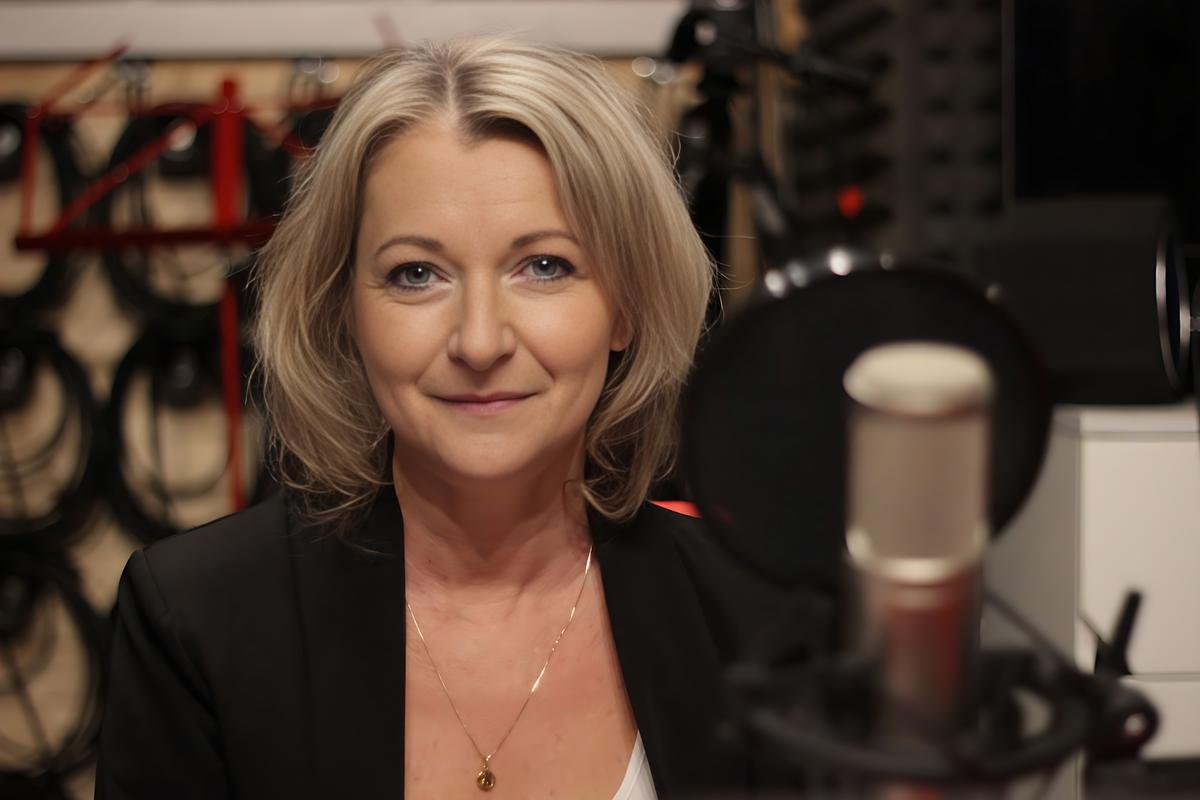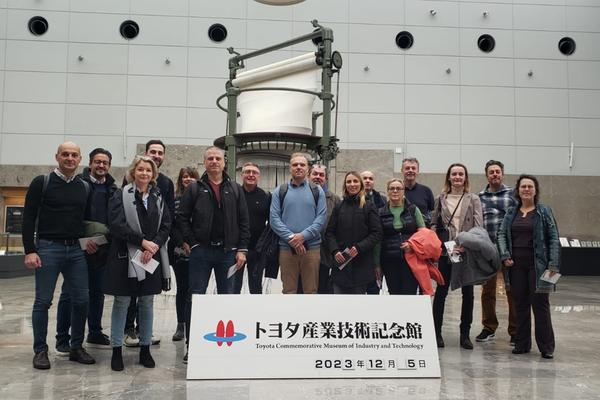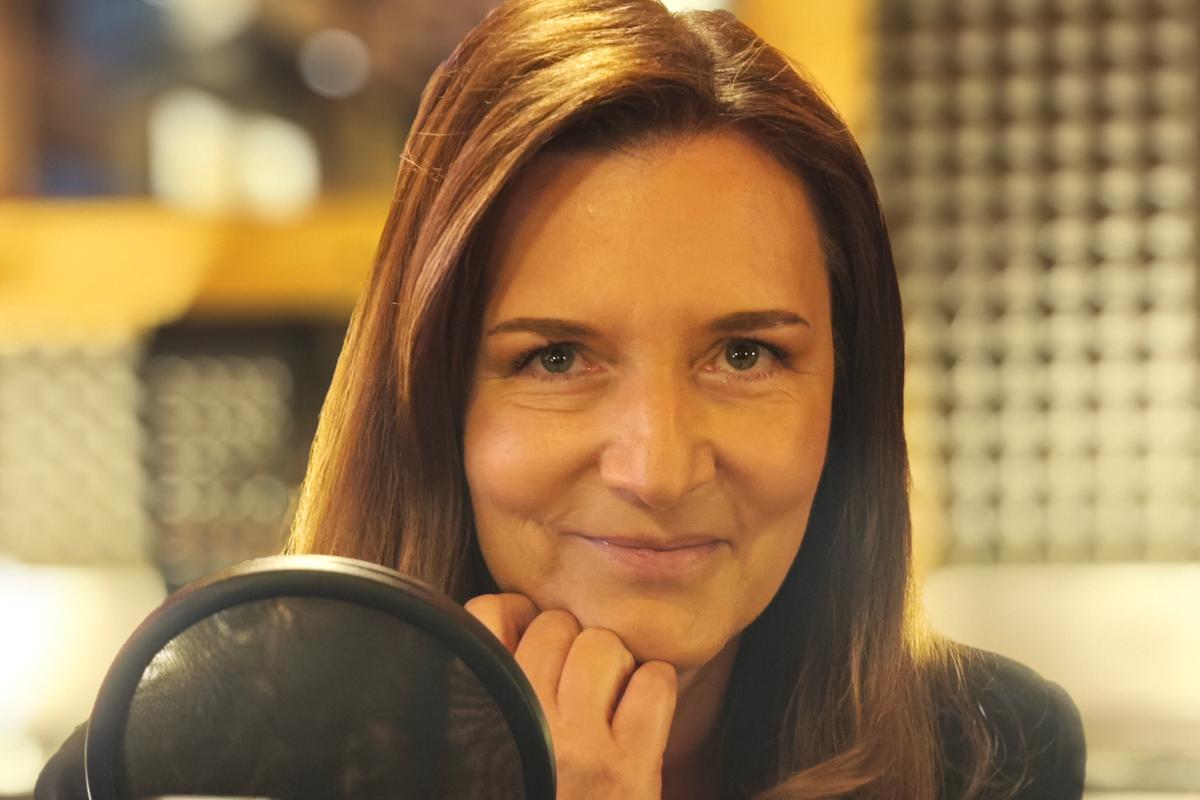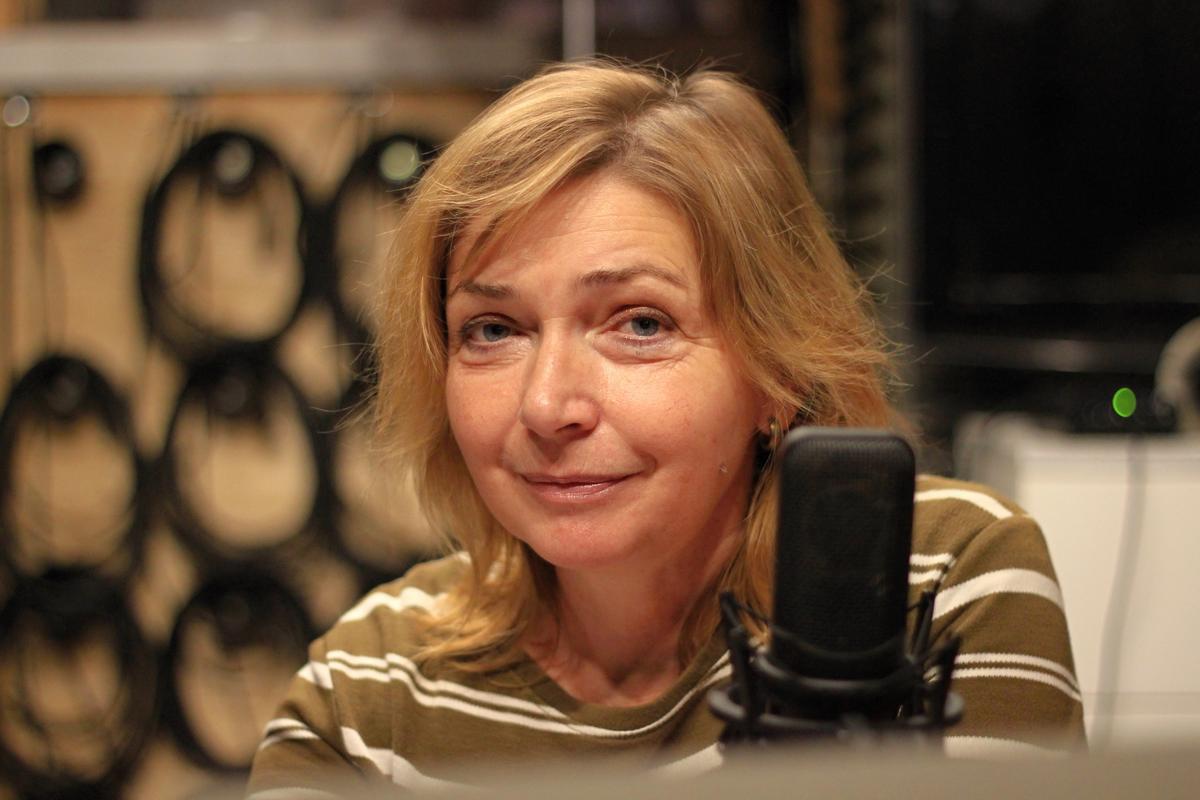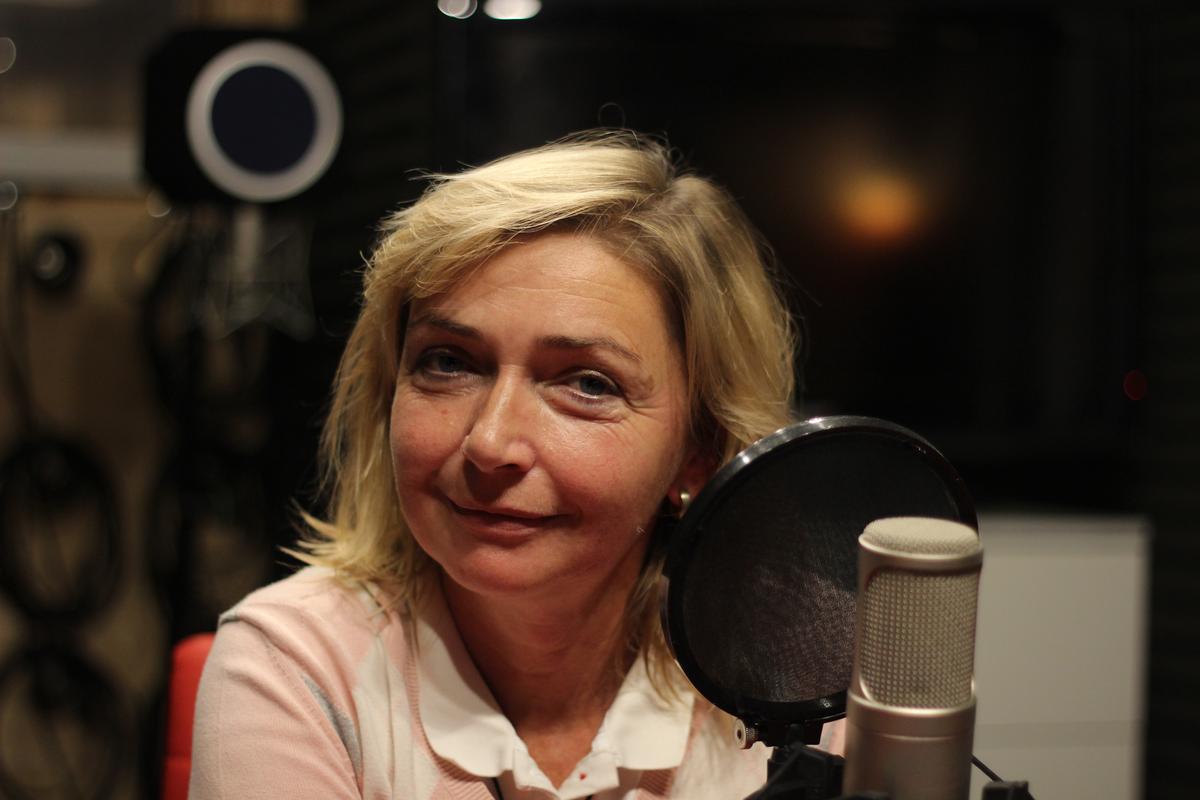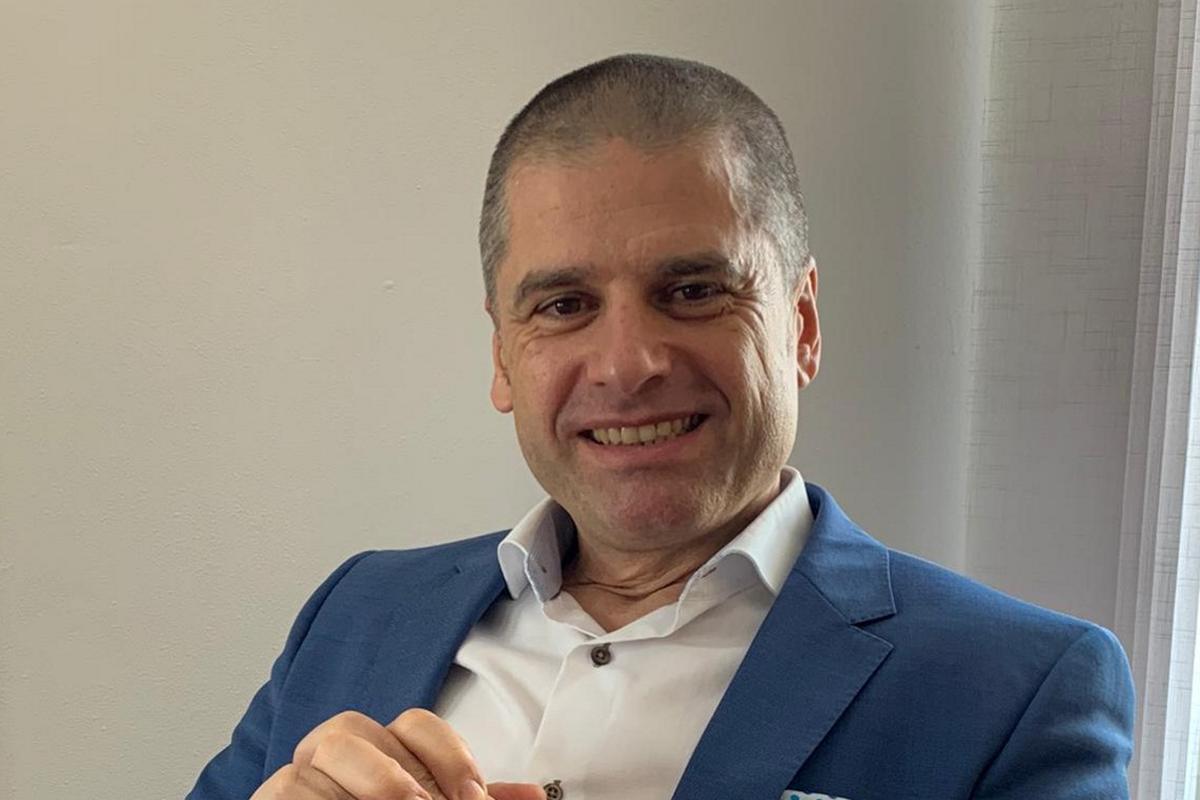Tomáš Pospíchal: I invited Markéta Šimáková to our podcast on the basis that during one of our meetings we talked about her work and study journey to TWI methods in Japan, she had the trip ahead of her at the time. Since it is not a usual destination, we agreed to record an interview about her experiences upon her return. But Margaret, before we move under Mount Fuji, I would like to ask you to introduce your company DMC, what does it do, what is its specialization?
Markéta Šimáková: First of all, thank you very much for the invitation. This year, our company celebrates 22 years since its founding. Currently there are two owners, me and Jitka Tejnorová. Our company specializes in human resources services as well as strategic areas of improvement. Originally, we focused on personnel consultancy, mainly in the field of setting up processes for newly established greenfield companies.
This included recruitment and adaptation processes. Gradually, however, we expanded our activities into other spheres, as we realized that it is not enough to set up processes, but it is also necessary to ensure the participation of employees and their adequate training, involvement and further development. That is why we are now focusing on developing people and setting up processes. Although we are still involved in HR consulting, the core value and main service of our company has now become the development of people in companies.
Tomáš Pospíchal: We have mentioned the TWI methodology, what is its history, what is it based on?
Markéta Šimáková: The history is very interesting, it is the Training Within Industry method. I will start with the history of how we came up with this methodology, and then I will move on to the history of the methodology itself.
In 2003, we had a great opportunity to help set up recruitment and adaptation processes at TPCA in Kolín, which was a Toyota Peugeot Citroën plant. That’s 21 long years. That was the first time I saw how Toyota works, how it achieves results through people and what methodologies it uses to achieve this. I saw the TWI training methodology, which I was very interested in, because there was nothing similar in our country at that time.
We became interested in this methodology and found out that the owner of the license is not directly Toyota. We managed to connect to the American TWI Institute, the owner of the license. The methodology originated during World War II in the United States. During the war, there was a need to employ women in war production, which led to the need to create the TWI Job Instruction method, or how to properly convey work instructions and train anyone for any job.
This method was further developed by the Americans and brought huge results, helping to kick-start the economy. Toyota adopted this method in the 50s. years when it was necessary to rebuild production plants. Subsequently, this methodology returned to the United States in the 1990s. years when it began to be used again, this time during the economic crisis, to maintain employment and increase the efficiency and sustainability of employees. This is a brief history of the Training Within Industry methodology.
Tomáš Pospíchal: But now let’s move to Japan. What was the topic of your visit and what was your program there?
Markéta Šimáková: This trip was essentially a study trip. We went to explore how Japanese methods work in practice. We visited several companies where we had the opportunity not only to observe, but also to discuss with people their practical application. It was also focused on learning about Japanese culture and history to better understand how these elements intertwine in both professional and personal life. The aim was to be inspired and bring something new, as we like to bring new ideas not only to the Czech Republic, but to the whole of Europe. There are still a lot of things to learn in Japan. So it wasn’t just about new methods, but also about new approaches. All in all, it was a journey full of inspiration, learning, discovery and of course joy.
Tomáš Pospíchal: You talked about surprise, inspiration, you also mentioned wow effects, were there any that you can mention?
Markéta Šimáková: We experienced a lot of such wow effects there. Both from a personal point of view, i.e. how the Japanese live, and from a professional point of view – how they behave in the work environment. It’s one thing to have certain methods that are implemented in a company because you want to be better, whether it’s improvement methods or anything else, which is a common occurrence in companies outside of Japan today.
But there, it’s more about the approach and behavior than the method itself, because you just learn the method, but the way to work with it is a pattern of behavior and approach. And this is where the Japanese have a huge advantage, because they seem to have it in them, in their DNA. One of the things is how these practices are transferred from one to the other – the managers are the real teachers there.
For me, this was probably the biggest overwhelming effect. To see how a manager works with people in Japan. He really acts as a coach, a mentor, a teacher, and people follow him. He can get much more out of them than just their normal performance for wages. This has convinced me once again that we need to change some aspects of our approach and behaviour. When we visited Japan, we had to get used to their rules, which are different from ours. In Japan, it’s all about standards, about rules, both on the street, in the subway and, of course, at work. For example, you always arrive at a meeting 10-15 minutes in advance. If you arrive later than the scheduled time, you will no longer be counted on.
Tomáš Pospíchal: And was there anything you brought to Japan? And weren’t you surprised?
Markéta Šimáková: Overall? Because I’ve been there before, some things didn’t surprise me anymore. Of course, it’s harder to get used to them if you’re based on your conditions. What certainly did not surprise me is their progress in the field of automation, digitization and robotization, which is clearly evident in services, not only in production. On the contrary, what has rather surprised me is the problem with languages, especially English, which still persists among young people despite their desire to travel and work abroad, especially in the US or Australia. With the aging of the population in Japan, young people do not want to work in manufacturing, but want to move forward. However, the language barrier is still a big problem.
Tomáš Pospíchal: Did you bring any knowledge that can be used in our Central European reality, but also in your projects?
Markéta Šimáková: Of course she did. I think we’ve been working on this for several years with the TWI methodology, because TWI really means improving and achieving results through people, whether it’s standards and work instructions, the human relationships that influence results, or day-to-day improvement. When you combine all of these methods, it should work one hundred percent. But we have to think about our approach, how we really do it with people, how we involve them in it.
We often have many methods in companies, but people don’t know how to use them. We bring in a new method, we do the training, and then we expect people to do it. But if we don’t show them why we’re doing it, how it’s going to be done, and what it’s going to do for them, they won’t do it. Or it will only be on paper. We need to work on changing behaviour and attitudes, especially within management.
After all, we must first change some things in ourselves in order to change them in others. Once again, I realized that I am not just a manager, but a coach and teacher. If I want my subordinates to follow me, I have to give them space and the right guidance. I’ve seen it in every company and in my personal life. Managers are teachers and coaches, and people look up to them because they learn from them and their values are obvious. That’s what it’s based on.
If you want to build a company, you first have to develop people. This means that you focus on developing people and only then build the company. Everything is built on people. We often start a company and forget about these people a bit, or we think that they will somehow automatically join us. The Japanese start building people and only then do they build a company. The approach is a bit of a reversal from what we have been used to here for years.
Tomáš Pospíchal: On the other hand, the truth is probably somewhere in between, because, as you mentioned, the cultural difference is huge. And it is not possible to just transfer things to the Czech Republic that work in Japan. However, do you feel that over the past 20 years, the approach to the methodology of work and to work itself has changed generationally in the Czech Republic?
Markéta Šimáková: Of course, it changes. Just by changing the environment in which people work. But the approach to people is also changing, and I think that a lot of companies today have already understood that you simply can’t do things the same way as they were done 10, 15, 20 years ago. And I have to say that we have a really huge percentage of clients that we work with and who have already understood that it’s really not just about methods, but about approach, about how they will work with people. So these changes are happening.
Of course, some of them are automatic with what comes, but there are still a lot of things that we can’t do one hundred percent. Now I can talk about succession, for example. For example, why do people leave our companies after a relatively short period of time?
Young people simply want to do something else after two years, and if we don’t allow them to do that, we don’t show them the opportunities they can have from the very beginning, logically they will go elsewhere, they will look for what they are missing somewhere else, and for us it is a huge loss. When I recruit someone, I dedicate myself to them for two years, I expect that person to pay me back with their results, their work, and suddenly they walk away because I probably didn’t provide what I should have.
Tomáš Pospíchal: You mentioned in the field of production, services, healthcare, and that was what caught my attention. Can you imagine that the methodologies of work according to TWI will be implemented in the Central European area as well?
Markéta Šimáková: That’s what I believe. We’ve already started it, so we’re not complete beginners. We have completed several projects. Not only standardization and standard training, but also the correct management of people, improvement at the daily level and in services. We help in logistics centres, retail, so you can see that the methods are really universal, they work everywhere, but their use has to adapt a bit to the given environment. But the approach there is unambiguous.
Healthcare is a major challenge for us. We first came up with this idea about 10 years ago, inspired by a conference in the United States, where these methods are implemented in hospitals. During this conference, we listened to several lectures that convinced us of the need for change and that our healthcare system may be lagging behind in some respects, especially when it comes to quality standards for patient care. And I was convinced of this again in Japan, where we had the opportunity to visit the University Hospital in Osaka.
This hospital showed us how they approached the method, why they decided to pursue it, and how long it took them to implement it. Healthcare in Japan is very similar to ours – part of it is public, under the Ministry of Health, and part of it is private. But why did they decide to devote themselves to it? They openly admitted to us that they had founded the so-called Communist Party. “Safety patient system”, which means an increase in patient safety and quality of care, as they have started to record a relatively high number of deaths caused by human error, especially in the field of postoperative care.
They began to think about whether they had the right standards in place and whether all workers and medical staff were able to meet those standards. They wanted to find a method to prevent this, so they teamed up with the American Institute through their partnership in Japan and began to work more intensively on it. Now they have shown us the first results, including a training centre where they focus on specific areas and have chosen pilot projects where they have identified problems that need to be solved.
They found that the methods worked. In fact, this was also the case during the Second World War, when women without medical training were called up to hospitals and had to perform various tasks, including professional tasks without any medical training. I liked that they openly told us the statistics, reasons and actions they are taking. However, even for them this change took about 10 years.
Tomáš Pospíchal: The areas we are talking about are quite complex, it may be sometimes difficult to choose a place to start. Where do you think the use of the mentioned methodologies is offered for Czech companies?
Markéta Šimáková: It’s hard to say where to start. If we want to build a successful company, as I said, we have to start with people and only then can we build a company, because they are the people who help us build it. If I want to start with people, I have to teach them something. So the first step is to look at our standards and see how people are adhering to them, and if not, why. I have this as a basis and I can build good relationships on it that will bring me very good results.
The more I communicate with people, the better the results will be, and then I can involve them in everyday improvement. I want to hear what’s not working, I want to hear their opinions, and I need to make time for them. If, as a manager or team leader, I have 80% of the operations and executive, openly – I don’t have time for that. Coming back to the question of where to start, we first need to build our routines and figure out what we want to do and why. And then getting people involved, and while it’s not easy, we have to learn to do it.
Tomáš Pospíchal: Let’s get on a personal level. It was your second visit to Japan. Has Japan changed since your first visit?
There is a significant shift, as I mentioned, especially in the technical aspects. If you look at cars today, they look different than they did six years ago, so the progress is really noticeable, whether it’s manufacturing, digitization and things like that. However, on a personal level, not much has changed. They are still very stable.
Tomáš Pospíchal: Has the model of the journey you have been on inspired you to use it in your communication with your clients?
Markéta Šimáková: Definitely, yes. Since I returned from Japan, I have had the opportunity to visit almost all of my clients. During these visits, I told them about my experiences in Japan, and they all listened attentively and were enthusiastic. They asked for various details and showed interest in what I had experienced. This kind of dialogue brings value to our relations.
Thanks to our long-term cooperation, we know very well what our clients need and how we can help them. I always emphasize that we do not only offer products or services, but above all the possibility of improvement. We combine different approaches and methods according to the needs of our clients. When someone recently asked me how I sell my services, which may not be well known, I replied that my goal is not just to sell, but to listen to my clients’ needs and offer ways to move things forward together.
Tomáš Pospíchal: Can you imagine that a similar excursion, even if only on a small scale, would be organized by a DMC for its clients?
Markéta Šimáková: Yes, we regularly hold meetings with top leaders – once a quarter. Each of our clients is a top of our game and we like to make it possible for them to show off their achievements. These meetings are not only about what methods they use, but also about sharing their successes. We invite not only existing clients, but also new companies that are looking for inspiration or additional information. This is a great opportunity to show how our methods work in practice. When a client is successful and able to present their achievements, it inspires other companies. This is how we motivate and support each other.
Tomáš Pospíchal: What is DMC planning in the near future? Because I know that even in your relatively small team, you have always had a lot of plans.
Markéta Šimáková: Yes, exactly. We have had our annual meeting, where we have set goals for this year. We have big plans, that’s for sure. You may know that we are not only active in the Czech Republic, but we are also represented in Central Europe. Currently, this includes the Czech Republic, Slovakia, Hungary, Poland and, relatively recently, Serbia. We want to pay more attention to these countries as well, and Serbia is a great challenge for us. Our methods work everywhere, but it’s important to have capable people, which is also key for us.
The second point, which I have already mentioned, is healthcare. We will certainly use our contacts both from Japan and from a consultant from the United States, who has implemented the methods in American hospitals and promised to help us. We have several case studies that we want to translate and share, because I see a huge challenge and added value in putting the patient first in the hospital. That’s a big plan for us. And of course, we will continue to fulfill our mission to help advance our clients and their people not only within our Training Within Industry program.


